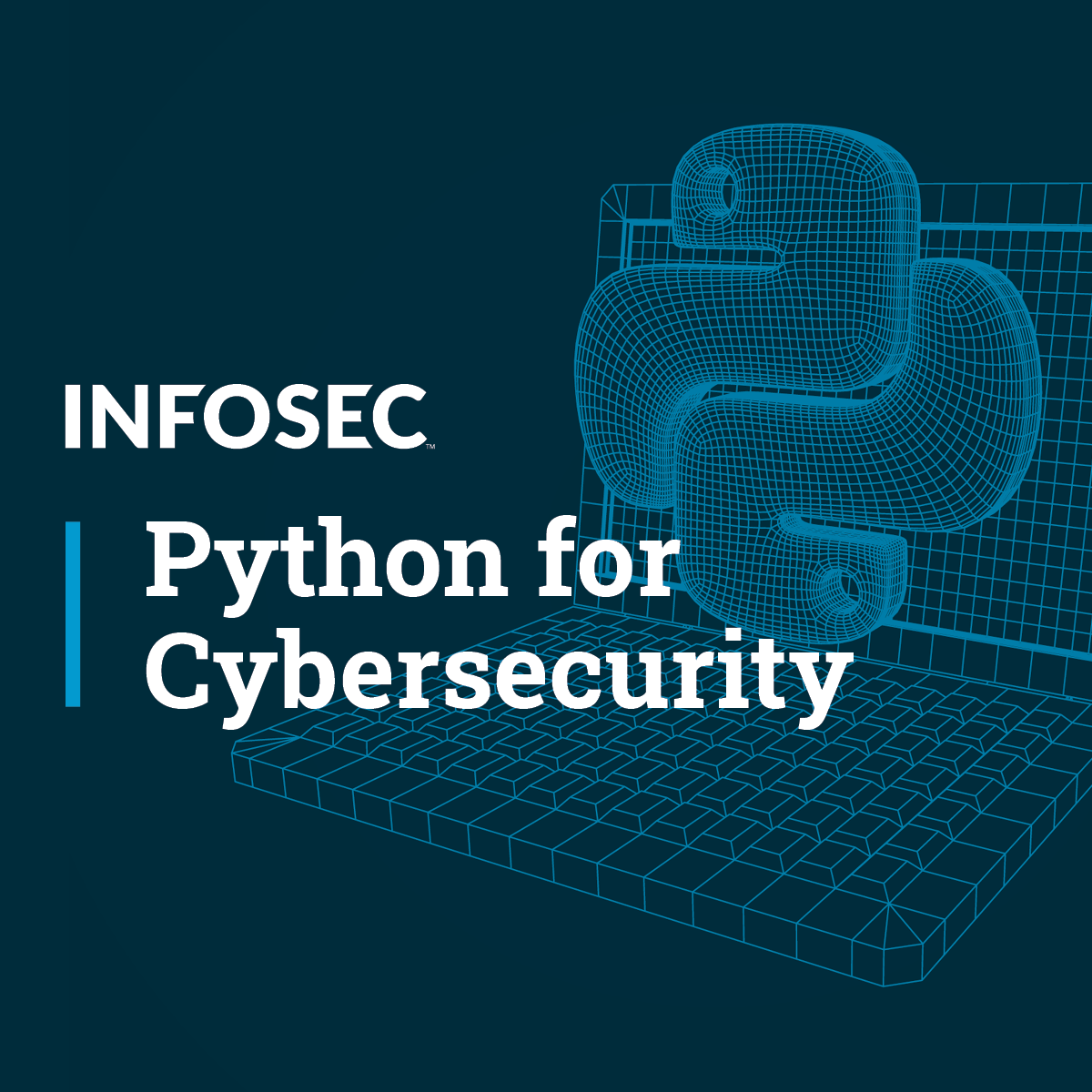
This course is a continuation of Python for Cybersecurity. The topics covered are execution, persistence, privilege escalation and evasion.
What's inside
Syllabus
Python for execution
A look at Python and Code execution.
Python for persistence
Explore the details of using Python for persistence
Read more
Syllabus
Good to know
Save this course
Reviews summary
Engaging course on privilege escalation
Activities
Review Object-Oriented Programming Concepts
Show steps
Reviewing OOP concepts strengthens your foundation and enhances your ability to apply them effectively in Python code execution.
Browse courses on
Python
Show steps
-
Go over OOP concepts such as classes, objects, inheritance, and polymorphism
-
Practice writing simple OOP programs in Python
Review Python Code Execution Using Tutorials
Show steps
Reviewing tutorials deepens your understanding of Python code execution concepts and helps you apply them effectively.
Show steps
-
Find tutorials on Python code execution
-
Follow the tutorials step-by-step
-
Practice writing Python code to execute programs
Join Study Groups for Python Code Execution
Show steps
Participating in study groups allows you to collaborate with peers, share knowledge, and gain diverse perspectives on Python code execution topics.
Show steps
-
Find or create study groups focused on Python code execution
-
Attend regular meetings to discuss concepts
-
Work on projects or assignments together
Four other activities
Expand to see all activities and additional details
Show all seven activities
Solve Python Code Execution Problems
Show steps
Solving code execution problems enhances your ability to apply Python concepts, identify and resolve issues, and improve your programming skills.
Show steps
-
Find online platforms or resources with Python code execution problems
-
Attempt to solve the problems independently
-
Review solutions and discuss with peers or instructors
Attend Python Code Execution Workshops
Show steps
Attending workshops provides a structured environment to enhance your skills, learn from experts, and expand your knowledge.
Show steps
-
Find and register for Python code execution workshops
-
Actively participate in the workshops
-
Network with other participants and instructors
Create a Python Code Execution Guide
Show steps
Creating a comprehensive guide on Python code execution helps you synthesize your knowledge, improve your understanding, and share it with others.
Show steps
-
Plan the structure and content of the guide
-
Research and gather information on Python code execution
-
Write and organize the guide
-
Share the guide with peers or publish it online
Develop a Python Code Execution Toolkit
Show steps
Creating a toolkit of commonly used code execution functions and scripts streamlines your workflow and improves your efficiency.
Show steps
-
Identify and gather essential code execution functions and scripts
-
Develop and test the functions and scripts
-
Organize and document the toolkit
-
Share the toolkit with peers or make it publicly available
Review Object-Oriented Programming Concepts
Show steps
Reviewing OOP concepts strengthens your foundation and enhances your ability to apply them effectively in Python code execution.
Browse courses on
Python
Show steps
- Go over OOP concepts such as classes, objects, inheritance, and polymorphism
- Practice writing simple OOP programs in Python
Review Python Code Execution Using Tutorials
Show steps
Reviewing tutorials deepens your understanding of Python code execution concepts and helps you apply them effectively.
Show steps
- Find tutorials on Python code execution
- Follow the tutorials step-by-step
- Practice writing Python code to execute programs
Join Study Groups for Python Code Execution
Show steps
Participating in study groups allows you to collaborate with peers, share knowledge, and gain diverse perspectives on Python code execution topics.
Show steps
- Find or create study groups focused on Python code execution
- Attend regular meetings to discuss concepts
- Work on projects or assignments together
Solve Python Code Execution Problems
Show steps
Solving code execution problems enhances your ability to apply Python concepts, identify and resolve issues, and improve your programming skills.
Show steps
- Find online platforms or resources with Python code execution problems
- Attempt to solve the problems independently
- Review solutions and discuss with peers or instructors
Attend Python Code Execution Workshops
Show steps
Attending workshops provides a structured environment to enhance your skills, learn from experts, and expand your knowledge.
Show steps
- Find and register for Python code execution workshops
- Actively participate in the workshops
- Network with other participants and instructors
Create a Python Code Execution Guide
Show steps
Creating a comprehensive guide on Python code execution helps you synthesize your knowledge, improve your understanding, and share it with others.
Show steps
- Plan the structure and content of the guide
- Research and gather information on Python code execution
- Write and organize the guide
- Share the guide with peers or publish it online
Develop a Python Code Execution Toolkit
Show steps
Creating a toolkit of commonly used code execution functions and scripts streamlines your workflow and improves your efficiency.
Show steps
- Identify and gather essential code execution functions and scripts
- Develop and test the functions and scripts
- Organize and document the toolkit
- Share the toolkit with peers or make it publicly available
Career center
Penetration Tester
Ethical Hacker
Malware Analyst
Security Researcher
Forensic Analyst
Vulnerability Analyst
Incident Responder
Information Security Analyst
Cybersecurity Auditor
DevSecOps Engineer
Security Engineer
Cloud Security Engineer
Security Architect
Cybersecurity Consultant
Cybersecurity Manager
Reading list
Share
Similar courses
OpenCourser helps millions of learners each year. People visit us to learn workspace skills, ace their exams, and nurture their curiosity.
Our extensive catalog contains over 50,000 courses and twice as many books. Browse by search, by topic, or even by career interests. We'll match you to the right resources quickly.
Find this site helpful? Tell a friend about us.
We're supported by our community of learners. When you purchase or subscribe to courses and programs or purchase books, we may earn a commission from our partners.
Your purchases help us maintain our catalog and keep our servers humming without ads.
Thank you for supporting OpenCourser.



